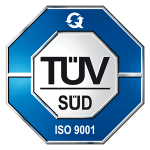UX Design is not only limited to the aesthetic appearance of the product, but embraces a holistic view that includes usability, accessibility, performance and user-friendliness. The tools and methodologies used by UX Designers are varied and may include prototyping software, as well as user path mapping techniques, storyboards and user flows.
The ultimate goal of the UX Designer is to create products that not only meet the needs of users but are also enjoyable to use, thus promoting customer loyalty and product success in the market.











